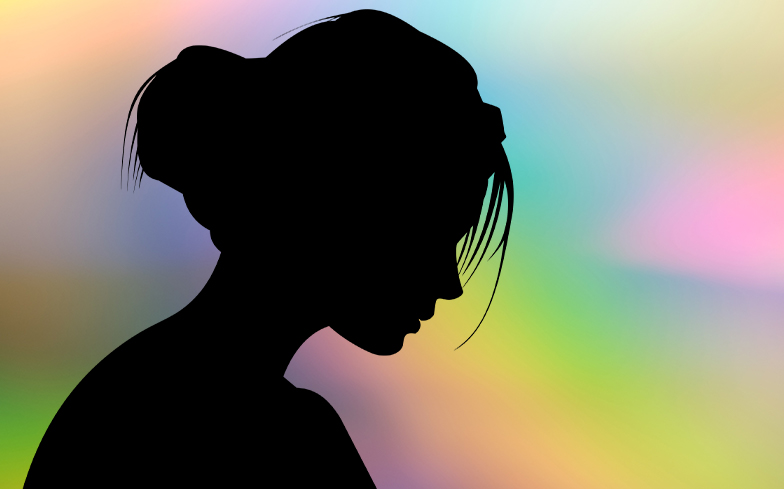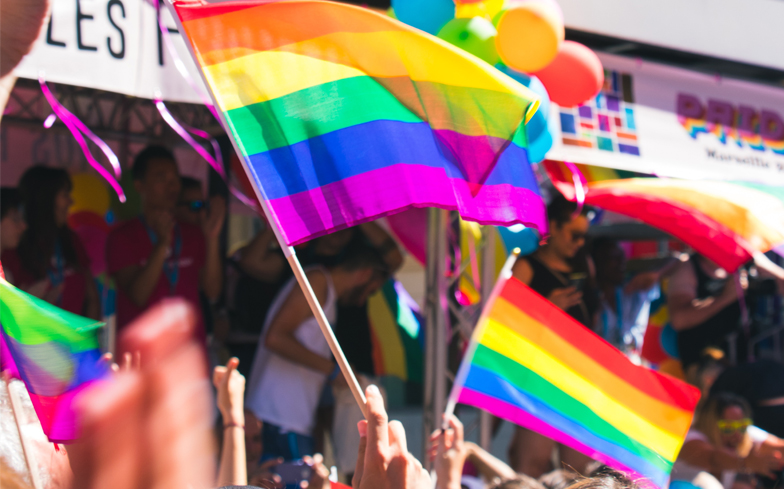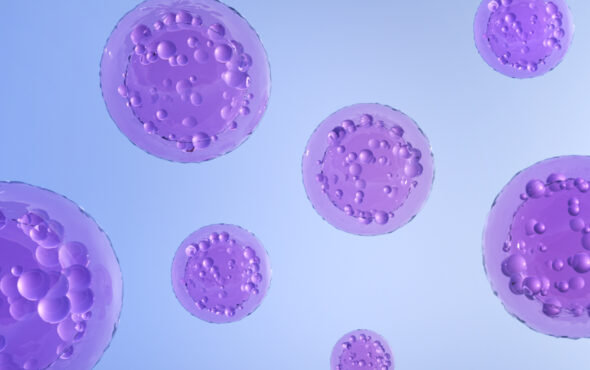
On 8 March – International Women’s Day – I attended a concert for a major charity.
There were over a thousand people in the venue, fans reaching up to touch their favourite pop star’s hand as they performed on stage. Coronavirus still felt very remote.
Self-isolation and social distancing is now the norm. Most of us have, quite rightly, accepted these unprecedented restrictions on our movement. Many of us listen anxiously to the news each day, as coronavirus deaths in the UK and globally continue to increase.
But what impact are these measures having on the LGBTQ community in the UK? One charity which was particularly quick to respond to the crisis was LGBT Foundation. They have seen calls to their helpline more than double since mid-March.
Many of these calls centre around familiar themes: mental health; sexual health; coming out; asylum; trans rights; and hate crime.
One caller with severe mental health issues is now unable to meet with their support worker – for them crucial contact. Multiple people have called about the cancellation of sexual health appointments and the inability to access HIV self-testing kits. Another individual, not out to their family, finds the closure of LGBTQ spaces suffocating.

I was horrified to hear that an LGBTQ asylum claimant was unable to access their financial support. A trans caller had their Gender Identity Clinic appointments postponed – there was already a huge waiting list for services before coronavirus, so this must be incredibly frustrating. An LGBTQ person who has been subjected to hate crimes by their neighbour in the past, is now worried to leave their home as they know their neighbours will be home more often.
Paul Martin OBE, the Chief Executive of LGBT Foundation, breaks down some of the issues:
“It’s essential to start having conversations about some of the hidden communities disproportionately affected by the coronavirus pandemic, and this includes LGBT communities. We know that because of historic discrimination and marginalisation, LGBT people are less likely to access healthcare when they need it, more likely to smoke and to live in insecure housing or be homeless. All of these put LGBT people at risk of experiencing more severe symptoms of the virus.
“The story is similar when looking at current social distancing measures. These measures are necessary, but may have unintended negative repercussions. LGBT people, particularly older LGBT people, are more likely to be isolated and without a support network. LGBT people are more likely to have mental health or substance dependency issues, which may worsen due to the requirements to stay indoors. We also know that domestic abuse has risen as the “lockdown” measures were introduced, which LGBT people experience at a higher rate.
“It’s vital that the Government and health and care system recognises these issues and that support is available for those who need it. At this time we need to continue to support each other, care for each other, and start to have those conversations about the needs of our communities and our rights to proper healthcare and services.”
LGBT Foundation is working around the clock to ensure that as many services as possible are maintained and that capacity on the helpline is rapidly increased. LGBT Foundation website is updated daily, reflecting new and changing services.

However, donating patterns for charitable organisations may change and most events and fundraisers have been cancelled for 2020. It could be the case that smaller charities fold, leaving a larger burden on other organisations. LGBT Foundation is also seeing new demand, which means incurring new costs.
The Women and Equalities Committee has just launched an inquiry to hear about the different and disproportionate impact coronavirus is having on people with protected characteristics under the Equalities Act. You can submit evidence until Thursday 30 April and I encourage LGBTQ people to participate.
LGBT Foundation have published a summary report on the impact of coronavirus on LGBTQ people. They have also launched a survey to gain even further insights on how LGBTQ people are affected – to look at what kind of support they would like to receive and to provide up-to-date information to funders, commissioners, and in consultations.
I encourage you to donate to charities and, in particular, LGBT Foundation. Click here to donate to LGBT Foundation. It is unclear what the long term impact of coronavirus will be on the LGBTQ community, but it is certain that we will need charities like LGBT Foundation to get us through it.
You can also contact the LGBT Foundation helpline on 03453303030.



